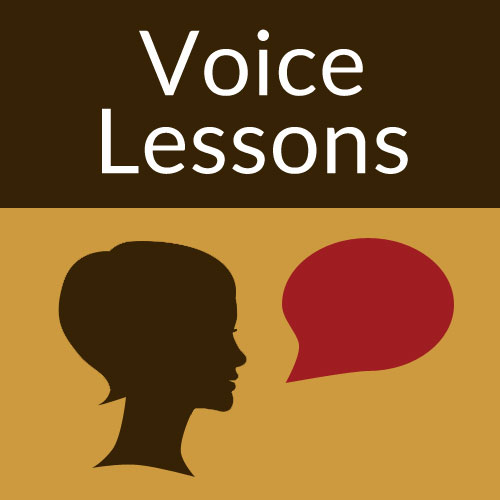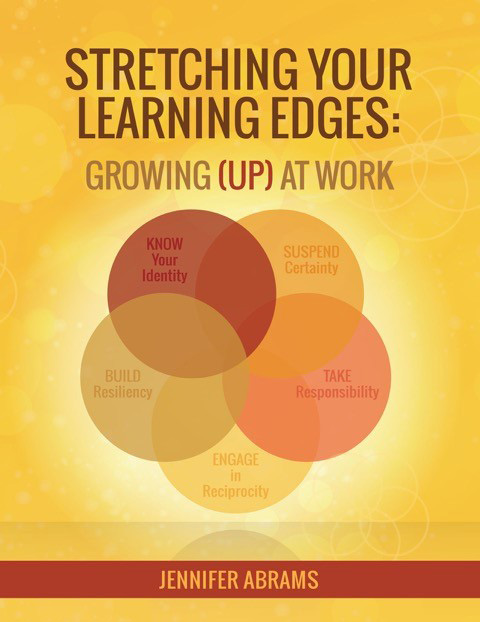What Am I Doing Again?
August 1, 2016

Happy August! I have spent the last few weeks working with folks who were new at their positions. Some are just coming in to their roles in the fall; some had been in the jobs a year or so. Everyone seemed to still be getting his or her bearings. Didn’t matter if I was working with a supervisor in a lab at a hospital or a teacher leader or a new central office administrator, no one wanted to do a poor job; they just weren’t quite sure exactly what they were supposed to do. Fuzziness in terms of job expectations happens a lot. And clarity is a tough thing to provide to others when you yourself aren’t sure what you are doing.
David Rock in his work on the brain’s reward or threat responses names certainty as one of those key needs we have. Without it, we get a little anxious. Or a lot anxious. “Larger uncertainties, like not knowing your boss’ expectations…can be highly debilitating.”
It is so hard when you are new to ask for more clarity. You might think it will come across that you aren’t able to do the work or you need too much help. You might be saying to yourself, “I should know this, right? I got the job and I don’t know what to do so it must be me, right?” Wrong.
You deserve clarity and guidance. You need to know what is on your plate and in your sphere of responsibility and it isn’t weak or silly to ask questions. Covert hints don’t work. Or ‘big picture ideas’ Or high level ‘overviews.’ Sometimes we need direction. And you are not wrong to ask for some.
At the Northwest Association of Independent Schools summer conference in Leavenworth, WA, the executive director, Siri Akal Khalsa, passed out to participants a “Leader’s Charter.” I thought it was a fabulous document – questions to be answered by your supervisor about your work as you move into a new position.
Just a few questions from the charter:
- What am I specifically responsible for doing? Projects, teams, deadlines?
- What am I not responsible for doing and others still might think I am, and who needs to communicate this information so there is no confusion?
- What are my limits of decision-making authority? What do I do on my own? What do I have to consult with someone on and what shouldn’t I be deciding at all?
- Who am I reporting to and for which tasks?
- What do you believe the 2-3 critical accomplishments are for me in the 1st semester?
- If I were to fail at some parts of my job as I get underway, but I did some parts really well, what would those be?
- How will I be supported? Training? Resources?
- How can I support those on my team?
The list continues, but the key ideas are here. David Rock in his work says, “Even a small amount of uncertainty generates an ‘error’ response in the orbital frontal cortex. This takes attention away from one’s goals, forcing attention to the error (Hedden, Garbrielli, 2006).”
Clarity is key. Ask for specificity if you need it. It’s just your brain trying to focus on the key task at hand. “Meeting expectations generates an increase in dopamine levels in the brain, a reward response (Schultz, 1999).” Go get happy.
Cool Resources
Focus on Learning: Grab your passport and join educators who are interested in professional learning at its best at the Annual Learning Forward Conference in Vancouver, Canada. Coaches, administrators, teachers, central office, university profs – all are welcome. Learn about a wide variety of topics in professional learning and watch the best do the facilitation of the learning– both content and process are good in these workshops – no more sit and get! Register now.
Focus on Learning – Take 2: I am participating in the Transformative Leadership Summit facilitated by Jethro Jones, host of the Transformative Principal, and Daniel Bauer, founder of Better Leaders Better Schools. Starting Aug 1 Jethro and Daniel will release 2-3 videos over 2 weeks interviewing 40 experts in education and leadership and the best part … It’s totally free to participate. Videos will be available 48 hours for free from each release date. The videos are meant to inspire and challenge. They are created to deliver pure value and push you to be a better leader in your school or district for SY 16-17. Check it out at here.
Focus on Community and Building Trust: I was sent this 7-minute introduction idea from a participant in one of my workshops. I thought it might be helpful as we start the school year and build trust and community on our teams. Stories build that connection.
7-Minute Story
We are not as interested in what you do (at least not in this exercise), but we are keenly curious about who you are. While not inclusive, the following questions can be used as a guideline to telling your story.
- What experiences have most shaped your life?
- What do others need to know and understand about you?
- What do you really get excited about?
- Where are you headed?
- What are you trying to create in the world?
- What legacy would you like to leave behind?
- What makes working at – – – – an important experience for you now?

